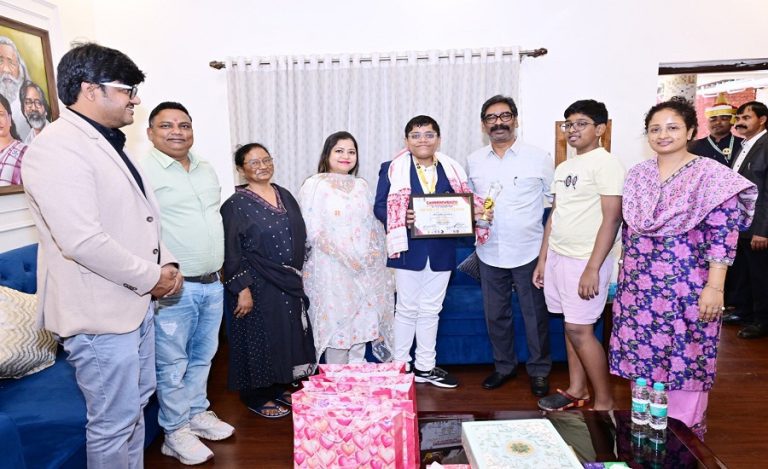In a striking move blending bureaucracy and political anticipation, the Central Government has granted immediate approval to the voluntary retirement request of Indian Revenue Service (Income Tax) officer Mr. Sujit Kumar. A 2001-batch officer and Principal Commissioner of Income Tax, Mr. Kumar’s exit from service is being widely interpreted as a signal of his upcoming transition from administrative corridors to the political battleground—specifically in his home state of Bihar.
Also Read: IRS Officer Sameer Wankhede Files Rs 2 Crore Defamation Suit Over Aryan Khan’s Netflix Series
The retirement, cleared by the President of India on October 11, 2025, bypasses usual procedural delays. Mr. Kumar, who was serving as Principal Commissioner (OSD), Appeal Unit-11 in Delhi, had invoked Rule 43 of the Central Civil Services (Pension) Rules, 2021, to opt for the Voluntary Retirement Scheme (VRS). His request was processed and approved at a pace that insiders describe as “unusually swift,” suggesting political overtones ahead of the upcoming Bihar Assembly elections.
A Swift and Strategic Exit from Bureaucracy
Typically, VRS applications in the IRS involve a waiting period, with pension commutation processed only after the mandatory three-month notice. In Mr. Kumar’s case, while retirement is effective immediately, his pension commutation will be deferred until December 25, 2025, in accordance with government norms. The order approving his retirement also states that any commercial employment within a year post-retirement would require prior clearance from the central government, a clause standard in such high-level retirements to maintain probity and post-service decorum.
Unusual Promotion, Unusually Timed Retirement
Only weeks prior to his VRS approval, Mr. Kumar had been promoted in September 2025 to the prestigious rank of Principal Commissioner of Income Tax, a Level 15 post in the pay matrix—well ahead of many IAS officers of the same batch. The promotion placed him among the senior-most IRS officers, highlighting his strong administrative track record and the trust he commanded within the department.
Despite his long and steady rise, little is publicly known about Mr. Kumar’s earlier postings, suggesting a discreet and low-profile career path until now. However, those familiar with his career confirm that he held several senior roles across various wings of the Income Tax department.
Political Speculations Intensify in Bihar
The rapid approval of Mr. Kumar’s VRS and his Bihar roots have fueled strong speculation that he may soon align with the Bharatiya Janata Party (BJP) and contest in the forthcoming Bihar Assembly elections. Political observers point out that the bureaucracy-to-politics pipeline has seen growing activity, but few transitions have been as meticulously timed as Mr. Kumar’s.
If he does enter politics, Mr. Kumar would bring not only administrative acumen but also deep familiarity with fiscal governance—skills that could be strategically valuable for a political party aiming to position development and financial transparency at the forefront of its campaign.
IRS to MLA? The Bureaucrat-Turned-Politician Trend Grows
Mr. Sujit Kumar’s transition from IRS Principal Commissioner to potential politician marks a continuation of a broader trend where experienced bureaucrats step into public leadership roles. His decision reflects both the pull of public service from a new platform and the dynamic relationship between governance and politics in contemporary India.
While formal announcements about his political foray are awaited, all indicators suggest that Bihar’s political landscape may soon witness the entry of a seasoned administrator with decades of experience in India’s tax machinery.





























